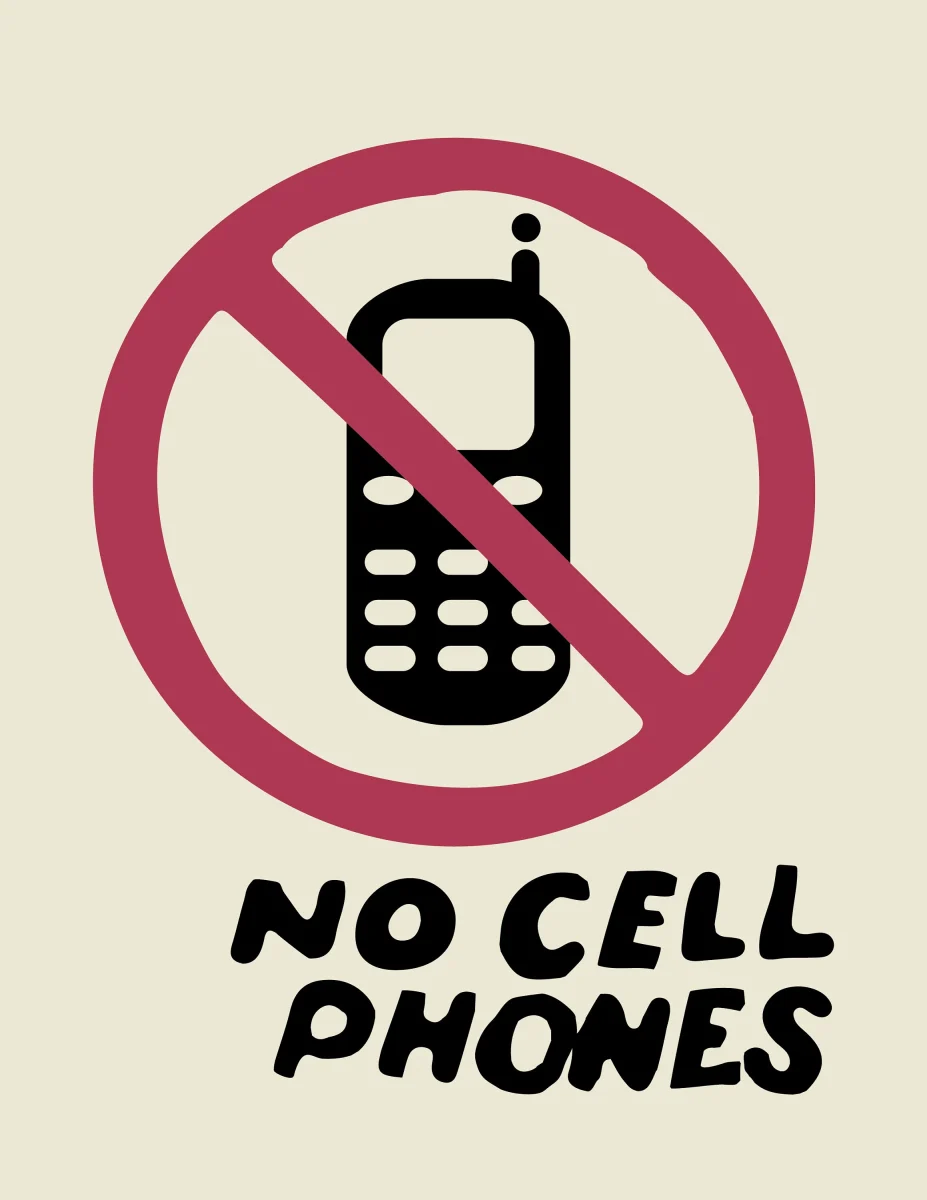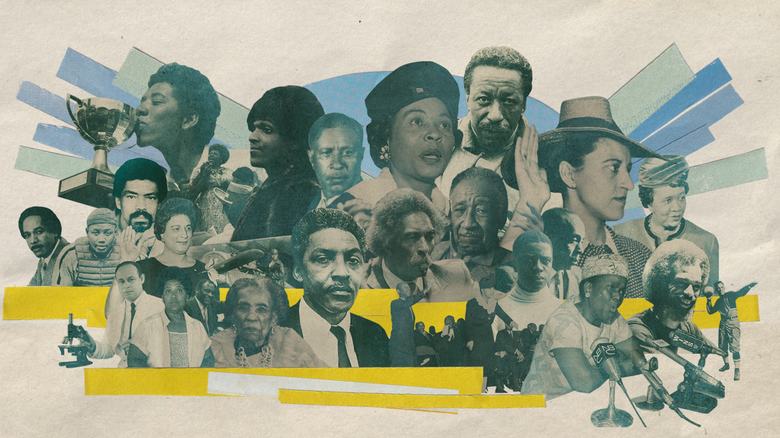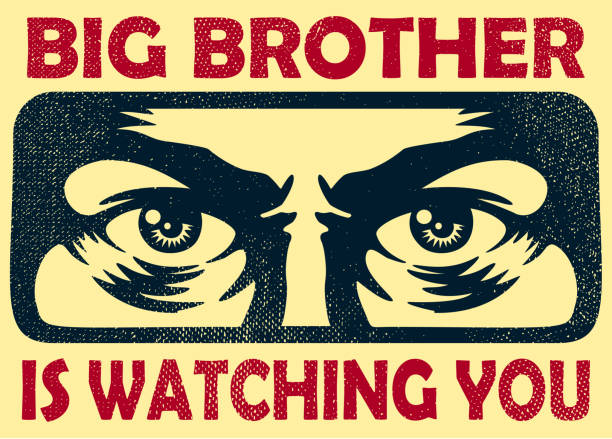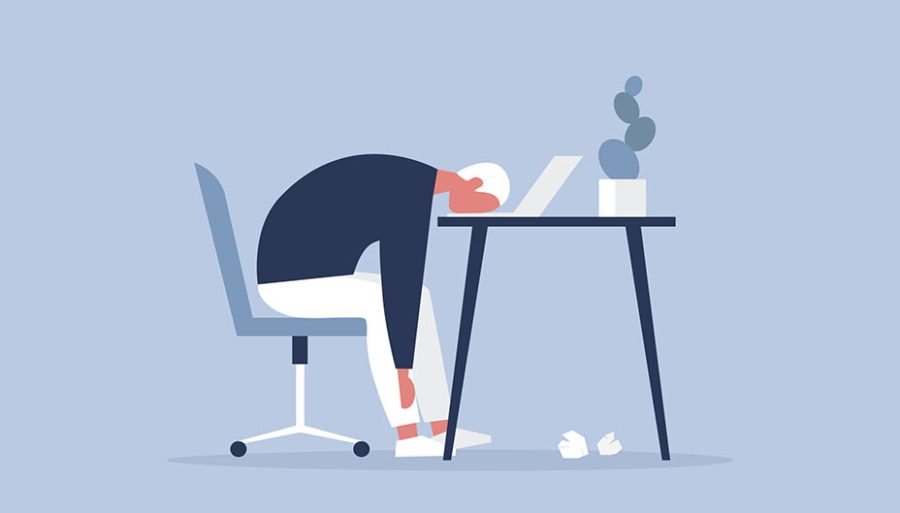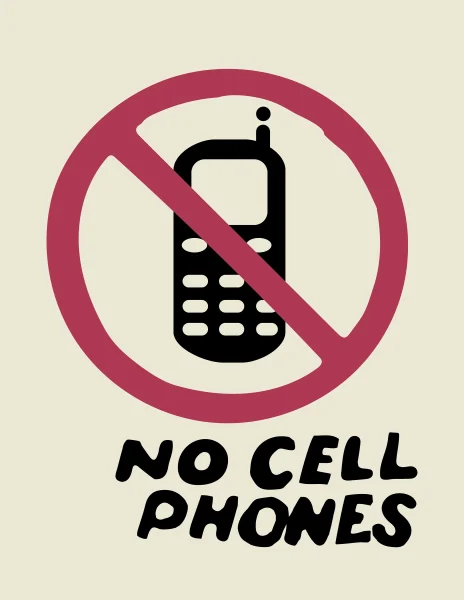Causes and Effects of Procrastination
Professional burnout. Young exhausted manager sitting at the office. Long working day. Millennials at work. Flat editable vector illustration, clip art
Procrastination can have a range of negative effects, from just missing a deadline for an important assignment to something longer-lasting, like a missed opportunity that puts an end to a dream. Some of us may be lucky enough to catch ourselves procrastinating early on and do something about it. Some, though, can suffer long-term effects that resonate throughout their lives.
As everyone has different motivations for procrastinating, we are unable to identify the precise cause. Sometimes we choose not to act because we lack motivation or because we are avoiding a hidden dread. If you procrastinate, regardless of the reason, you should be careful because it has a lot more harmful effects than you may be aware of.
We delay because of low self-esteem because we think we won’t be able to finish a work or assignment by the deadline. In fact, it’s estimated that almost 85% of adults and teenagers worldwide suffer from poor self-esteem. Self-confidence is the ability to have faith in oneself and one’s capacity for success. When you lack self-confidence, you essentially lack faith in your ability to succeed at anything. So, without an anticipated reward (which only comes from completing the activity successfully), your emotional brain is truly not driven to carry out this action. However, putting off tasks simply makes us feel worse about ourselves and furthers our doubts.
The worst part of procrastination is when you eventually realize that time has passed yet nothing has changed. Nothing is worse than getting frustrated with yourself because you are aware of how different things might have been if you had just taken the initial move. You most likely base your decisions when you procrastinate on elements that wouldn’t exist if you didn’t, such as pressure to make a decision right away since time is running out. This is a terrible feeling because there is nothing you can do to stop time from passing; all you can do is experience regret.
Unpleasant emotions are amplified by procrastination, which may cause us to make judgments that will not be in our best interests in the long term. Our decisions are significantly influenced by our emotions. To constantly strive to make life better, not harder, for your future self is a healthier mentality. By taking care of your responsibilities, you’re ensuring that you won’t have to worry about them in the future. You’ll be more productive and more motivated to work on your chores if you make this a habit rather than depending on a spontaneous shift in the future that has no need to occur. Moreover, it will make you feel more in control of your life than praying for a miracle to alter your life so you can accomplish the necessary tasks.
Your donation will support the student journalists of Putnam City North High School. Your contribution will allow us to purchase equipment and cover our annual website hosting costs.


